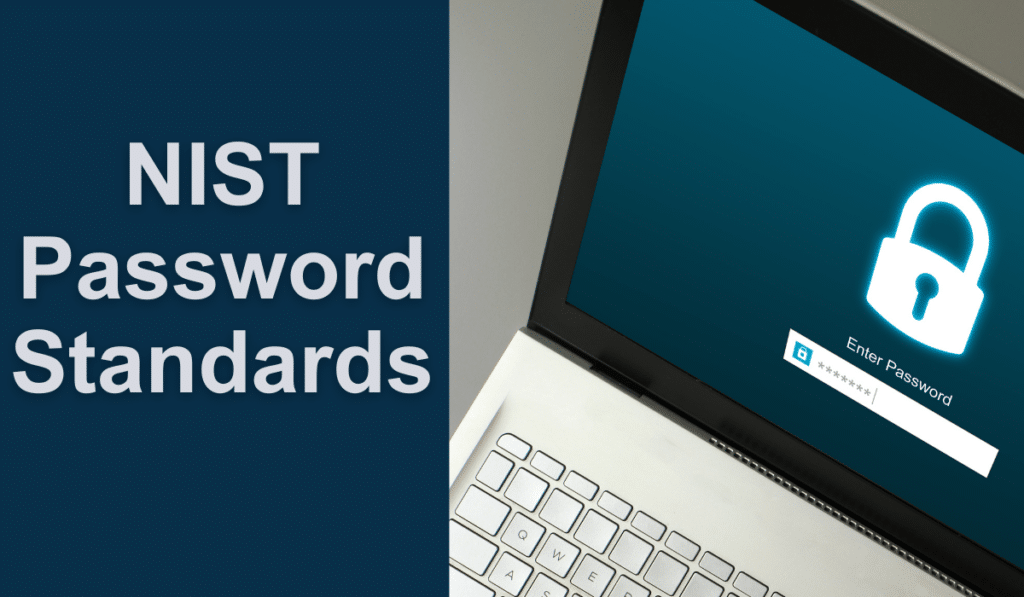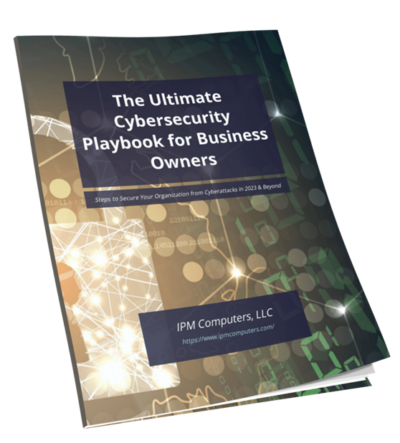As most businesses rely heavily on technology to operate efficiently and serve their customers, we embrace the convenience of digital tools. It is crucial not to overlook one of the cornerstones of strong cybersecurity, password standards.
Using strong passwords to safeguard sensitive information and prevent unauthorized access to your business accounts and data is critical. The National Institute of Standards and Technology (NIST) provides comprehensive guidelines for creating and maintaining strong passwords. Let’s explore these guidelines and understand why they are vital for your cybersecurity.
Introduction to NIST
The National Institute of Standards and Technology (NIST) is a world-renowned institution that develops and promotes measurement standards, technology, and cybersecurity recommendations for a wide range of industries. In the context of cybersecurity, NIST offers guidelines and best practices that help organizations protect their digital assets from cyber threats.
Let’s examine the key password behaviors that NIST recommends:
1. Length Matters: Go Beyond Minimum Requirements
While many platforms mandate a minimum password length, NIST suggests going beyond the minimum to enhance security. Aim for passwords that are at least 12 to 15 characters long. Longer passwords are exponentially more difficult for hackers to crack, as they increase the possible combinations required for a successful attack.
2. Complexity is Key: Use a Mix of Characters
NIST advises using a combination of different character types within your passwords. Include uppercase letters, lowercase letters, numbers, and special characters. This intricate mix adds an extra layer of complexity, making it significantly harder for malicious actors to guess or crack your passwords.
3. Passphrases are Powerful: Create Memorable Yet Strong Phrases
Consider using passphrases instead of passwords. A passphrase is a sequence of random words or a sentence that holds personal significance to you. This approach creates a lengthy and memorable combination that’s tough for attackers to decipher. For instance, “BeingSeasideMakeMeHappy!”
4. Avoid Common Words and Patterns: Stay Unique
Steer clear of using easily guessable information, such as “password123” or common words found in dictionaries. Additionally, avoid sequential patterns like “abcd” or “1234.” Hackers often employ automated tools that can quickly crack passwords that follow predictable patterns.
5. Regular Updates: Change Passwords Periodically
NIST suggests changing passwords periodically, even if there’s no apparent security breach. This practice reduces the risk of prolonged unauthorized access. Establish a schedule for password updates, and encourage your employees to follow it diligently.
6. Unique Passwords for Each Account: No Repetition
Using the same password across multiple accounts might seem convenient, but it’s a significant security risk. If one account is compromised, it jeopardizes all other accounts with the same password. Generate unique passwords for each account to contain the potential impact of a security breach.
7. Consider a Password Manager: Convenience and Security
Managing multiple complex passwords can be challenging. A password manager securely stores your passwords and generates strong ones for you. This not only simplifies password management but also enhances security by reducing the likelihood of password-related vulnerabilities.
Implementing strong password behaviors is a fundamental step toward bolstering your cybersecurity defenses. Following these guidelines can help to ensure that your sensitive business information remains safe from cyber threats. Remember, in the digital world, a strong password is your first line of defense.
Breach Secure Now helps MSPs to build strong human firewalls by teaching password standards and more – contact us today!
The post NIST Password Standards appeared first on Breach Secure Now!.





